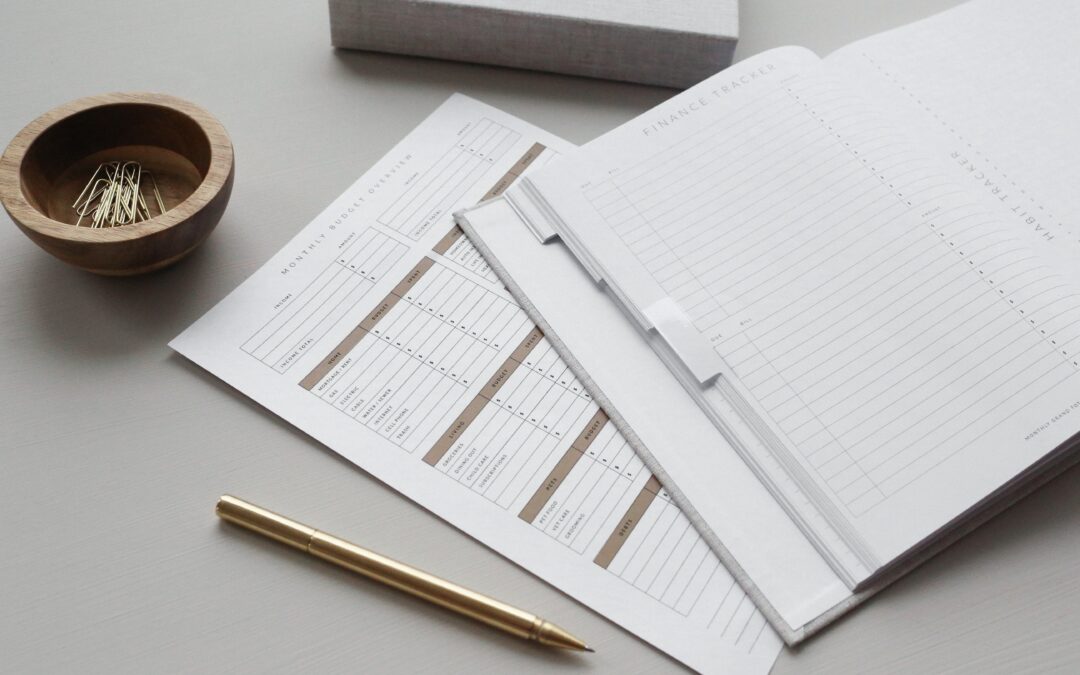If you hear the word ‘budget’ and you think RESTRICTION, I’m here to change your mind! I mean, I love numbers and I think they’re exciting, but seriously, budgeting is planning, not restriction. Budgeting is not saying, “You can only spend $300 on groceries this month!” It’s planning for when those groceries cost more than $300. Instead of going into debt over groceries (or another expense), it’s being able to have flexibility in your budget to balance an overage in one expense category with a shortage in another.
If you’re a Dave Ramsey follower, you may have heard the term zero based budgeting before. If you haven’t heard this term, what it means is that for every dollar in income that you have, you have a plan for that dollar. Yep. Each and every dollar. Why I believe in this method so much is because when we have “unassigned” or “leftover” money in our budget, guess what, it disappears! Why? Because we didn’t assign it a purpose! In order to make our money work as hard as possible for us (and not the other way around!) we have to assign our money purpose. Think about purpose in terms of human beings. If we have purpose, we are strong and we proceed with our purpose in mind. If we are without purpose, we wander, aimlessly lost. Have you ever thought, “Where did all of my money go?” The truth? It left. It didn’t have purpose and it walked right on out the door.
Now, onto some basic budgeting guidelines:
- Make sure you include a plan for your annual expenses too. Budgets are for more than just your monthly expenses. Instead of letting Christmas come as a surprise every year (because guess what? It falls on the same day every year!) make a plan for Christmas in your monthly budget! It’s a lot easier to save $100 a month than it is to come up with $1,200 in December!
- Don’t underestimate your expenses. Don’t tell yourself, “I think I can squeeze by on $150 in groceries a month,” when you know darn well you spend more than that every month. Be honest with yourself and your expenses. This sets you up for the best success!
- Track your spending. Now, I’m old school and I love to balance my checkbook because then I have an accurate balance at all times but there are other methods too. Are spreadsheets your thing? Sweet! Google offers some great free budget tracking tools. On the go 24/7? Check out some of the awesome budgeting apps available. When I first started budgeting, I used pen and paper and saved all of my receipts.
- Review Often! At least monthly, review your budget. Plan for any unexpected expenses you didn’t anticipate. If your income changes, make sure you account for that. See what worked well budget wise the previous month and what could use some tweaking.
Bottom line, having a plan in place for your money is EXCITING! It helps us to be conscious about our spending and ensure that our money is working for the best purpose for us.
To help get you started on your own budgeting journey, you can get my FREE Basic Budgeting Sheet here:

